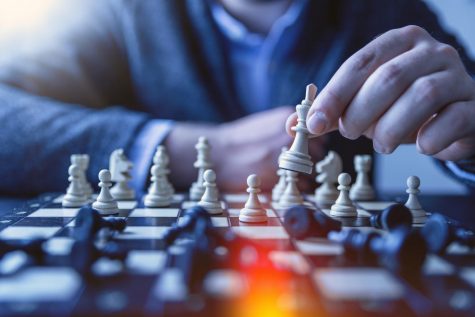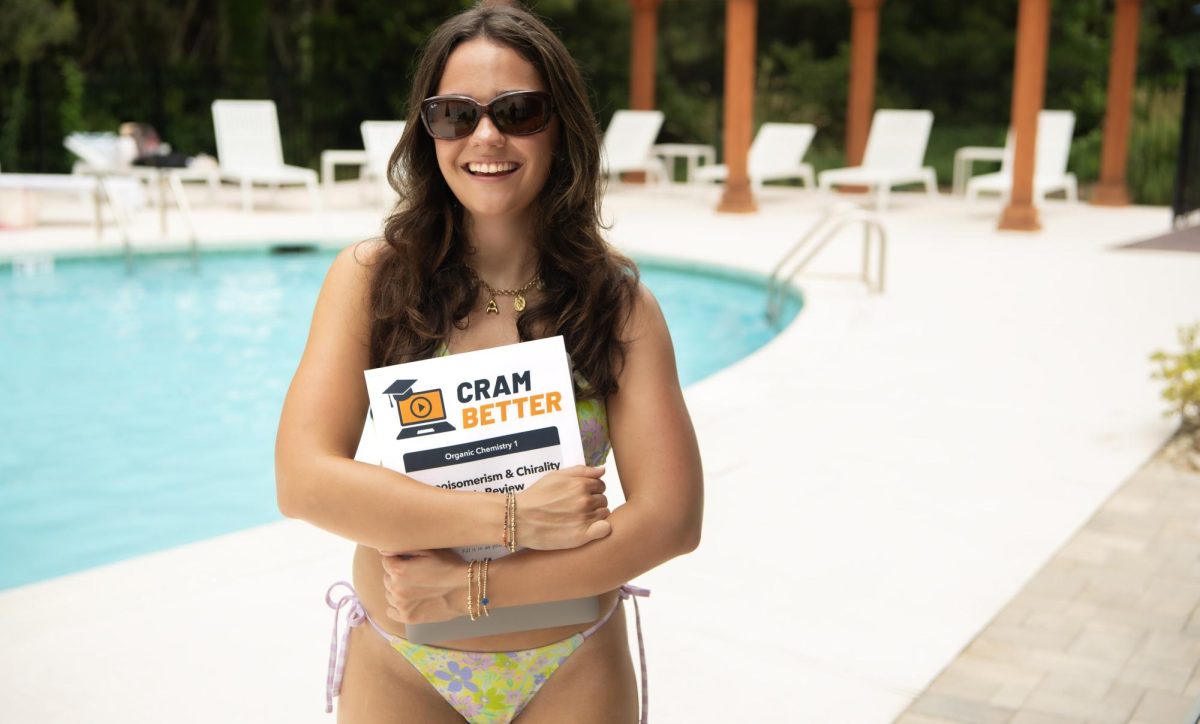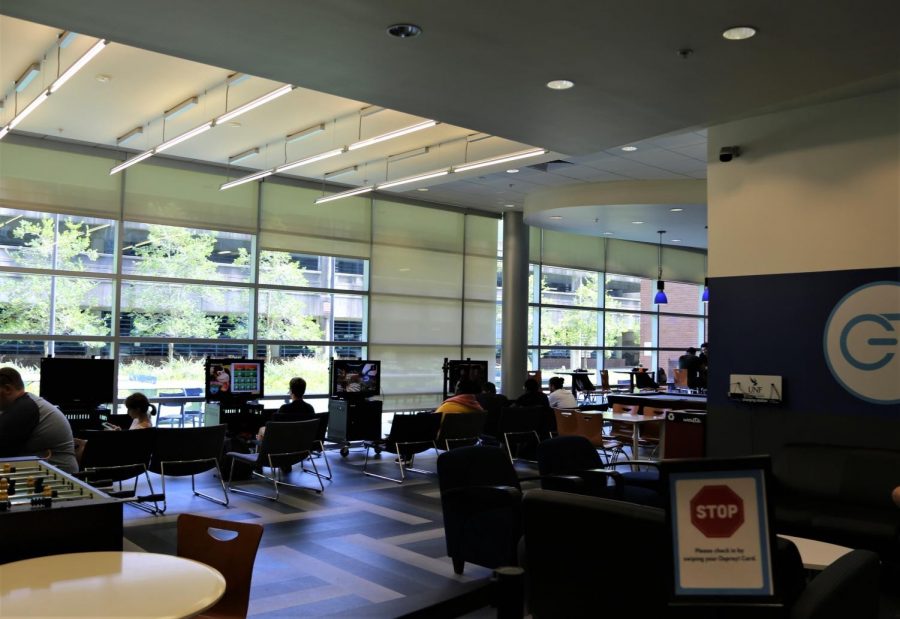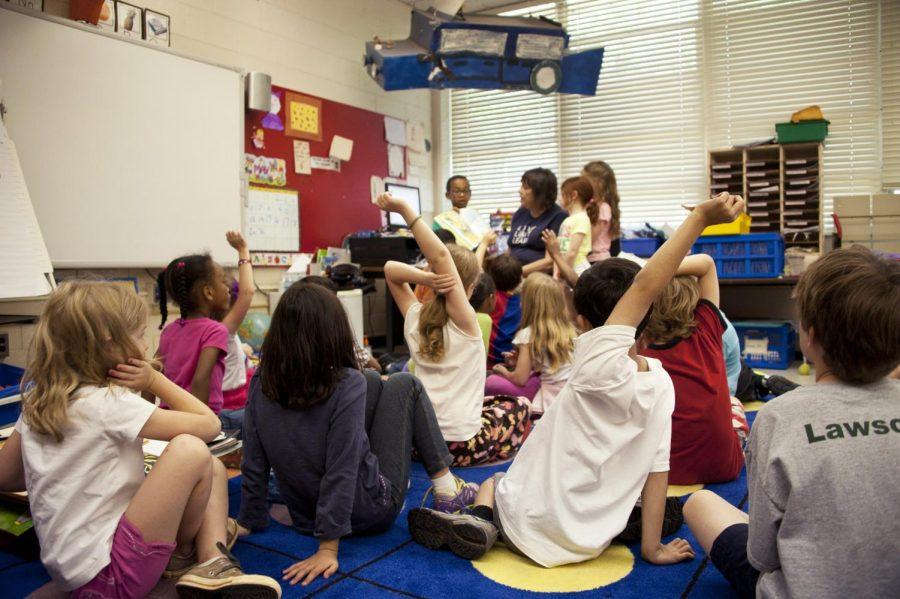Education and entertainment have a complicated relationship. They rhyme and get along but still differ in so many ways. Education is not thrilling enough, and entertainment is less serious. The main tension between these two is that education aims at making us responsible, getting us employment, breeding maturity, knowledge, and exposure. In contrast, entertainment gives room for fun and amusement.
Luckily, these two fields can overlap, and when they do, students can enjoy both sides with great excitement and quality knowledge. They can also gain competence in learning by using fun games, which guarantees the memorization of the concept learned. Below are some games that can bridge existing differences between these two fields.
Word Puzzles
Puzzle lovers know how awesome it feels to tackle the problem and overcome a challenging obstacle. The confidence and self-pride that comes with this achievement are deep and unexplainable. Therefore, students will be broadening their scope in different fields, building their confidence, and having fun while at it.
Nonetheless, these puzzles present themselves as real-life situations. Whereby we do not know what life holds for us, but the clues act as pieces, we can use to figure it out. Only a problem solver who is patient will be able to put the pieces together and come up with a clear picture. There is no better way to help students gain such skills.
Moreover, the puzzles can also help boost the students’ logical reasoning and concentration span. Technology has made our interactions quicker and has diverted students’ attention. Hence, there is a need for schools to counter it by introducing entertainment methods that increase the student’s focus.
Chess

How special is chess? Why is it essential to incorporate chess in lessons? Chess is a well-researched strategy game that has several educational values. Researchers have severally stated that chess can boost memorization, mathematical capabilities, problem-solving, and creativity. Creativity will help a student in classwork, including academic writing.
The competition in chess creates alertness and concentration and brings out high achieving and determined students. There is a wide variety of problem-solving challenges in chess, which sharpen the minds of students, making them alert and anticipate any move.
Furthermore, the game is rewarding, which boosts one’s confidence. Nonetheless, it also punishes the wrong choices and movements immediately. Therefore, it makes the student aware of their mistakes and how to deal with them. Therefore, students who take part in chess games are more likely to perform better in their academics.
Scrabble
If you are having trouble with vocabularies and spellings, then it is probably the game to indulge in. In as much as it is entertaining, its educational value is also indisputable. Scrabble has gained popularity among students and adults. It is a great way to socialize while learning new words.
Currently, approximately one million students take part in scrabble competitions annually. With these numbers, if there is an exciting way for students to upgrade their vocabulary, then it is the entertainment package for them.
Sports

Any sporting activity has a positive effect on the student. We cannot completely rule out sports to be meaningless, especially since some students obtain their educational motivation from such extracurricular activities. Sports and any form of physical education build teamwork. Furthermore, students also boost their confidence, coordination, communication, and patience when participating in these activities.
For most students, taking part in sporting activities relieves them from academic stress and anxiety. It feels good to solve a math problem after having excelled in the field. For ADHD students, sporting gives them a relieving moment where they will not feel tied down. Students have plenty of pent up energy that sometimes needs to be released constructively.
What about students who do not enjoy sports? Sporting activities present an opportunity for them to learn new things, gain new interests and hobbies. Hence, nobody should be left behind in this form of entertainment.
Closing Remarks
So, can these two fields coexist? Yes, it is workable. It is undoubtedly hard to find similarities between the two, but evidently, they complement each other despite their differences. It isn’t easy to decipher this relationship. However, the possibility of their interaction is what students and teachers should take advantage of.
Schools aim at imparting knowledge in students and bringing up responsible individuals; in the process, entertainment may be an essential resort to motivate students to learn. Combining education and entertainment is an expressway of making learning exciting, but students and teachers need to come up with exemplary methods to merge the two.







